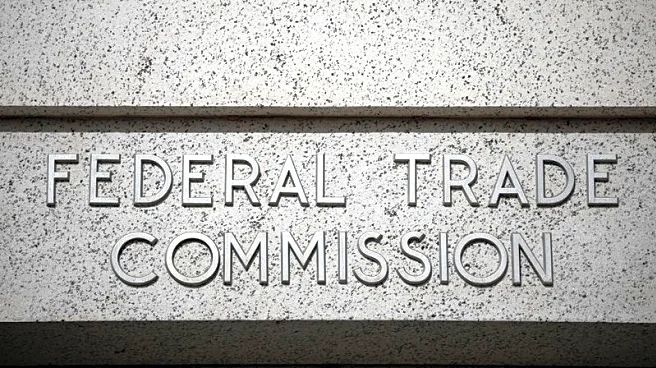What's Happening?
The English Premier League match between Leeds United and Tottenham Hotspur is set to take place at Elland Road, with kickoff scheduled for 12:30 p.m. BST. In the U.S., the match will be broadcast on USA Network and can be streamed via Sling TV and other services. For viewers outside the U.S., using a VPN is recommended to access the match and enhance online privacy. VPNs encrypt internet traffic, prevent throttling by ISPs, and offer protection when connecting to public Wi-Fi networks. They are legal in many countries, including the U.S. and Canada, and can be used for legitimate purposes such as improving online privacy and security.
Why It's Important?
The use of VPNs for streaming sports events like the Premier League is significant as it allows fans worldwide to access content that may be restricted due to regional broadcasting rights. This enhances the global reach of sports events and provides fans with more viewing options. Additionally, VPNs offer increased privacy and security, which is crucial in an era where online data protection is a growing concern. By using VPNs, viewers can avoid ISP throttling and maintain a stable connection, ensuring a better streaming experience.
What's Next?
As VPN usage becomes more prevalent for streaming, streaming services may continue to refine their policies regarding VPN access to ensure compliance with regional broadcasting agreements. Users should verify their streaming subscriptions allow VPN usage to avoid potential access issues. The ongoing development of VPN technology may lead to more sophisticated solutions that offer enhanced security features and better compatibility with streaming platforms.
Beyond the Headlines
The increasing reliance on VPNs for streaming sports events highlights broader trends in digital consumption and privacy concerns. As more users seek to bypass regional restrictions, the demand for VPN services is likely to grow, potentially influencing how content is distributed globally. This trend may also prompt discussions on the balance between digital rights management and consumer access.










